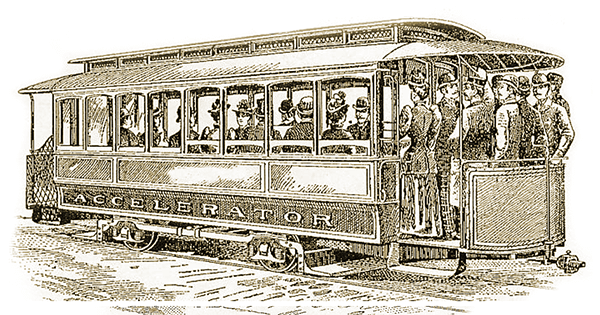
With antiquated charm, Chicago’s Municipal Code section 8-16-040 on “Flipping Cars” states, “It shall be unlawful for any person under the age of 18 years to climb, jump upon, cling to, or in any way attach himself to any streetcar, railroad locomotive, or car of any kind while the same is in motion, under a penalty of not less than $2.00 nor more than $10.00 for each offense.” This year, nearly 180 years after the city was founded, a new education initiative called Envision Chicago is offering teenagers the opportunity to steer their government toward more relevant laws.
Students from four high schools from different wards are participating in a city competition to rewrite outmoded parts of the municipal code. And it’ll all be done online. “In a world where almost everything they need to know is a simple Google search away and most of their opinions are shared … why can’t legislation function in the same way?” said City Clerk Susana Mendoza during Envision Chicago’s launch in March. In June, the winning ideas will be announced, and they’ll be presented to the Chicago City Council for consideration.
San Francisco was the first city to attempt this kind of student-led revision. In 2014, a college student won the Reimagine SF scholarship with her idea to overturn the law that required gendered gas station bathrooms. Contestants were able to access an online edition of the municipal code—part of the America Decoded network, which helps people without a law degree understand laws in cities like Philadelphia, Miami, and Washington, D.C. Chicago is also part of the network, and via chicagocode.org, high school students—and anyone else—can easily discover old laws still on the books. Laws concerning houses of ill fame, telegraph and telephone box companies, and the sale of literature that is “immoral, lewd, lascivious, or indecent” are all fair game.
“We have learned a great deal alongside the students so far,” says Seamus Kraft, executive director and cofounder of the OpenGov Foundation, a nonprofit partner in the project. The hope is to expand the program by year’s end, proving that democracy is a government for the people, by the teenagers.

